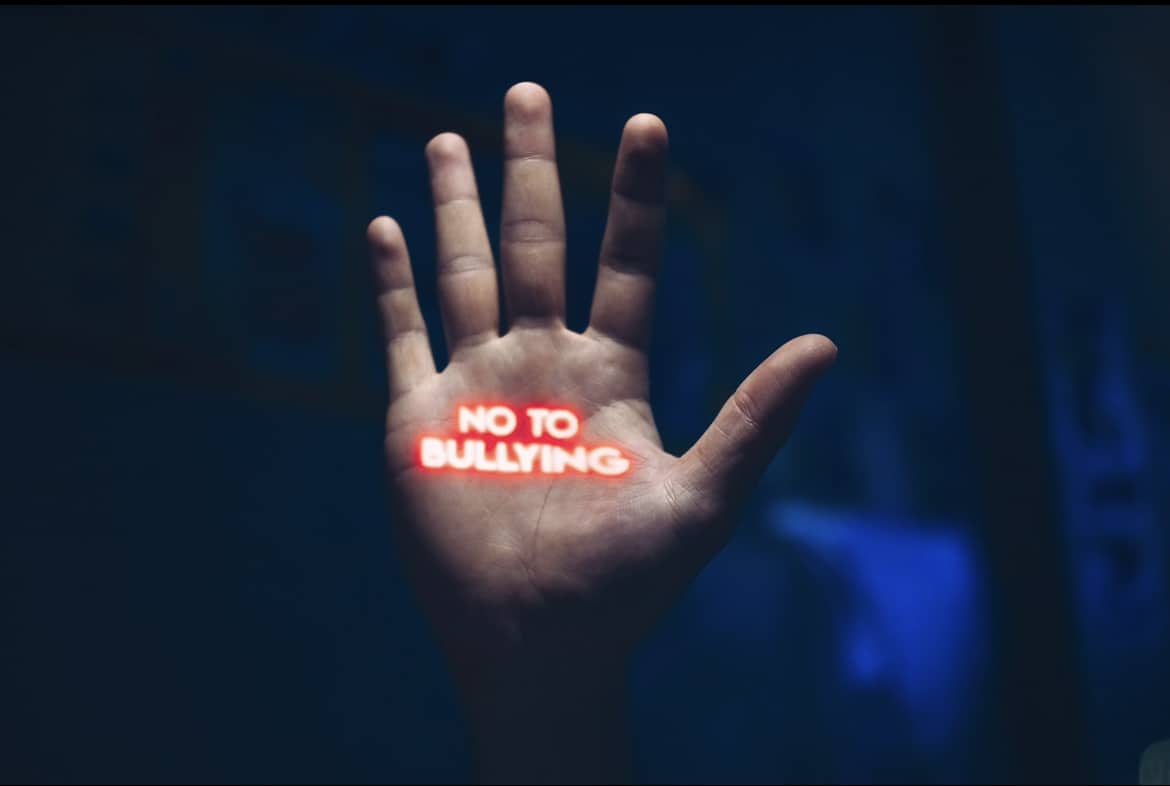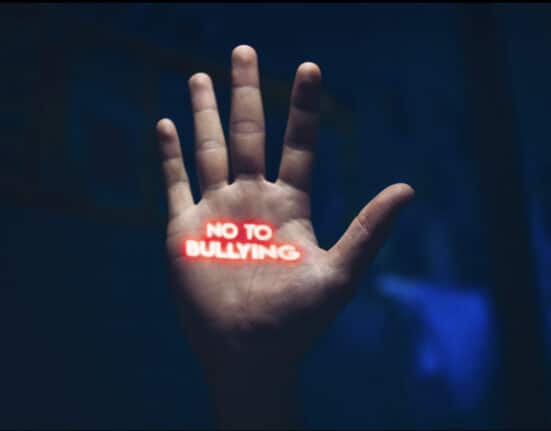MANY young people spend so much time online. It has become their primary way of communicating and connecting with friends and people of similar interests to them.
But the reach and anonymity offered by the internet has also exposed them to various risks, including cyberbullying.
For Safer Internet Day, which was observed on February 7, the United Nations Children’s Fund provided a guide on how teenagers and other young people can identify and address cyberbullying.
They can help make the internet a safer and kinder space.
What’s considered cyberbullying?
Cyberbullying is bullying done online or with the use of digital technologies, according to Unicef. It is committed using social media, messaging applications, gaming platforms, and mobile phones.
It is repeated behavior that scare, anger, or shame the targets.
Examples are spreading lies or embarrassing photos of someone on social media, or sending them hurtful or abusive messages.
Another thing that is different about cyberbullying is that it leaves a digital record of the action. This can later be used as evidence to stop abuse, said Unicef.
The line between joking and bullying
Are they laughing with you or are they laughing at you? Some people pass off statements they make online as a joke, even though these are hurtful. So how can teenagers tell if a statement was said in jest or if it is considered bullying?
According to Unicef, a joke that has hurt a person is one that has gone too far.
“If it continues even after you’ve asked the person to stop and you are still feeling upset about it, then this could be bullying,” it said.
Online bullying can also lead to unwanted attention from other people, including strangers, it noted.
The dangers of cyberbullying
Unicef said cyberbullying can affect an individual mentally, emotionally, and physically. In extreme cases, it could lead to self-harm.
Those on the receiving end of hurtful or abusive words online could feel ashamed, nervous, anxious, and insecure about what people say or think about them.
They could withdraw from friends and family, and think they are judged negatively. They could also feel lonely and overwhelmed, and experience frequent headaches, nausea, or stomachaches, it said.
They could lose the motivation to do the things they used to enjoy, it added.
“The effects of cyberbullying on mental health can vary depending on the medium through which it happens. For example, bullying via text messaging or through pictures or videos on social media platforms has proven to be very harmful for adolescents,” it said.
I’m bullied. What can I do?
Unicef said the first step that those on the receiving end of cyberbullying should take is to ask for help from somebody they trust. This could be a parent, a family member or another adult such as a school counselor, sports coach, or teacher.
If they feel there is nobody they could approach, they could look for a helpline in their country or reach out to a professional counselor.
If the bullying is done through social media, they could block the perpetrators and report the latter to the platforms, which have policies against bullying and aggressive behavior.
“Social media companies are obligated to keep their users safe,” Unicef said.
It also recommends collecting evidence such as text messages and screenshots of social media posts and messages.
“For bullying to stop, it needs to be identified and reporting it is key. It can also help to show the bully that their behaviour is unacceptable,” it said.
But those who feel they are in danger should get in touch with police or emergency services, it added.
Logging off
Teenagers could consider deleting certain apps or staying offline to take a break, although this is not a long-term solution, according to Unicef.
“You did nothing wrong, so why should you be disadvantaged? It may even send the bullies the wrong signal — encouraging their unacceptable behaviour,” it said.
Approaching adults
Some teenagers may find it hard to open up to adults about their problem. The Unicef has provided tips on how to help them.
It said that to begin a conversation with their parents or guardians, they could choose a time when they know they could have their full attention.
They should also let the adults know that the problem is serious for them.
“Remember, they might not be as familiar with technology as you are, so you might need to help them to understand what’s happening,” it said.
And while their parents might not have a ready solution, they could work together to find a way to address the problem, it said.
Helping friends
Some teenagers may not be the targets of bullies but could witness cyberbullying in action.
In this case, they could listen to their bullied friends and ask about their feelings. They should let them know they could talk to someone for help, even if they don’t formally report the incident.
They could also help their friends find a trusted adult to ask for assistance. What’s important is that they don’t remain silent or passive when their friend is distressed.
“Doing nothing can leave the person feeling that everyone is against them or that nobody cares. Your words can make a difference,” it said.
Protect yourself
Young people could take steps to make themselves less prone to cyberbullying. They should not give out personal details such as their addresses, phone numbers, and name of their school.
They could also limit those who could view their profiles, send them messages, or interact with them on social media by adjusting their privacy settings.
They could likewise report hurtful comments, messages, photos, and videos and ask these to be taken down. They could unfriend and block certain people as well.
Using the law
In the Philippines, there is no specific law against cyberbullying, but there are laws that address harassment, abuse and other actions and which could be used to run after cyberbullies.
One is the Anti-Bullying Act, which requires elementary and high schools to address bullying, and the Cybercrime Prevention Act.
But Unicef noted that punishing the bullies may not always be the best way to change their behavior.
“Sometimes, focusing on repairing the harm and mending the relationship can be better,” it said.
It also said what’s important is to take action against cyberbullying.
“The first line of defense against cyberbullying could be you,” it said. “Even a simple act of kindness can go a long way.”









